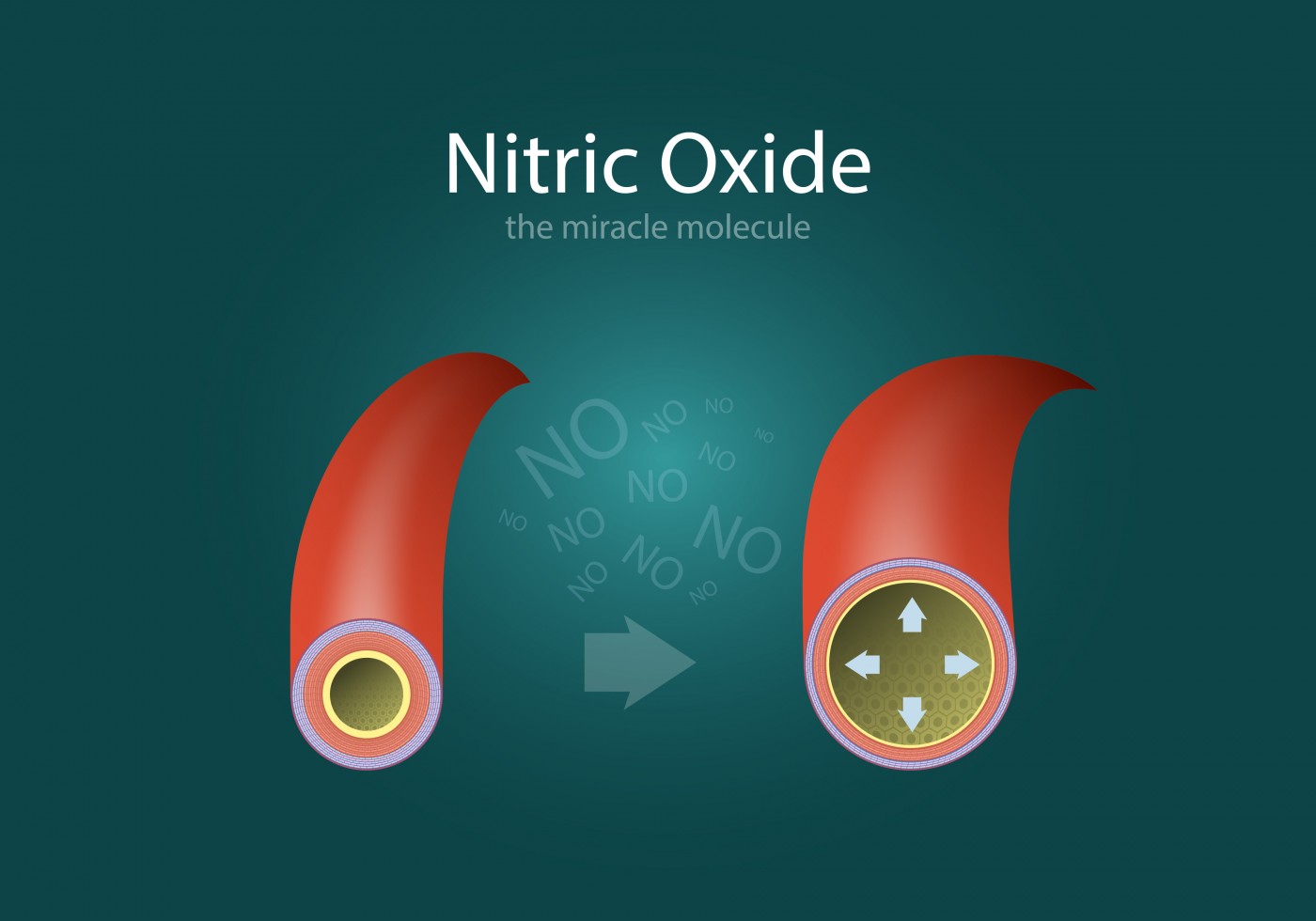New Form of Mitochondrial Myopathy May Be Treatable with L-arginine Therapy

A preliminary study found that patients with a newly identified form of mitochondria disease, called mitochondrial myopathy with episodic hyper-creatine kinase (CK)-emia (MIMECK), were able to ease their symptoms through L-arginine therapy. The study, “Clinical and Electron Microscopic Findings in Two Patients with Mitochondrial Myopathy Associated with Episodic Hyper-creatine Kinase-emia,” was published in the journal of The Japanese Society of Internal Medicine.
Previously reported as a novel mitochondrial disease subtype, researchers described two new cases of MIMECK and highlighted the histopathological features of the disease. Individuals with MIMECK carry alterations in the mitochondrial DNA (with 16 alterations reported so far), and exhibit episodic muscle weakness — in some cases, persistent — and high levels of creatine kinase (CK) in the serum, an indication of skeletal muscle injury.
Muscles and vessels obtained from the two MIMECK patients were examined. Patient 1 was a woman, 32 years old, who experienced transient limb weakness and general fatigue once a year since age 25, developing myalgia and muscle weakness at age 29. Patient 2 was a 76-year-old man who began experiencing myalgia and generalized weakness of a few weeks’ duration at age 66.
Researchers found a pattern of abnormal mitochondria in both patients’ vessels (determined by electron microscopy) similar to that seen in mitochondrial myopathy, encephalopathy, lactic acidosis and stroke-like episodes (MELAS). Patient 2 also presented ragged red fibers (RRFs), a key histochemical feature of mitochondrial myopathies. Both patients exhibited recurrent severe myalgia, weakness, and increased CK levels. The team hypothesized that a similar mechanism could underlie the acute phases of MELAS and MIMECK, since impaired vasodilatation in intracerebral arteries is the potential cause of MELAS patients’ stroke-like episodes.
The team tested the therapeutic effects of L-arginine, a precursor of nitric oxide and a key mediator of cerebral vasodilatation. L-arginine was also reported to increase microcirculation in the cerebral blood flow by reducing the ischemic damage occurring during the acute phase of focal brain ischemia. Researchers observed that both MIMECK patients treated with L-arginine had ameliorated symptoms.
The findings led the authors to suggest that L-arginine is a potential treatment for acute-phase mitochondrial myopathy. Further studies with larger patient cohorts are required to confirm these preliminary results, and to assess the efficacy of L- arginine therapy.






